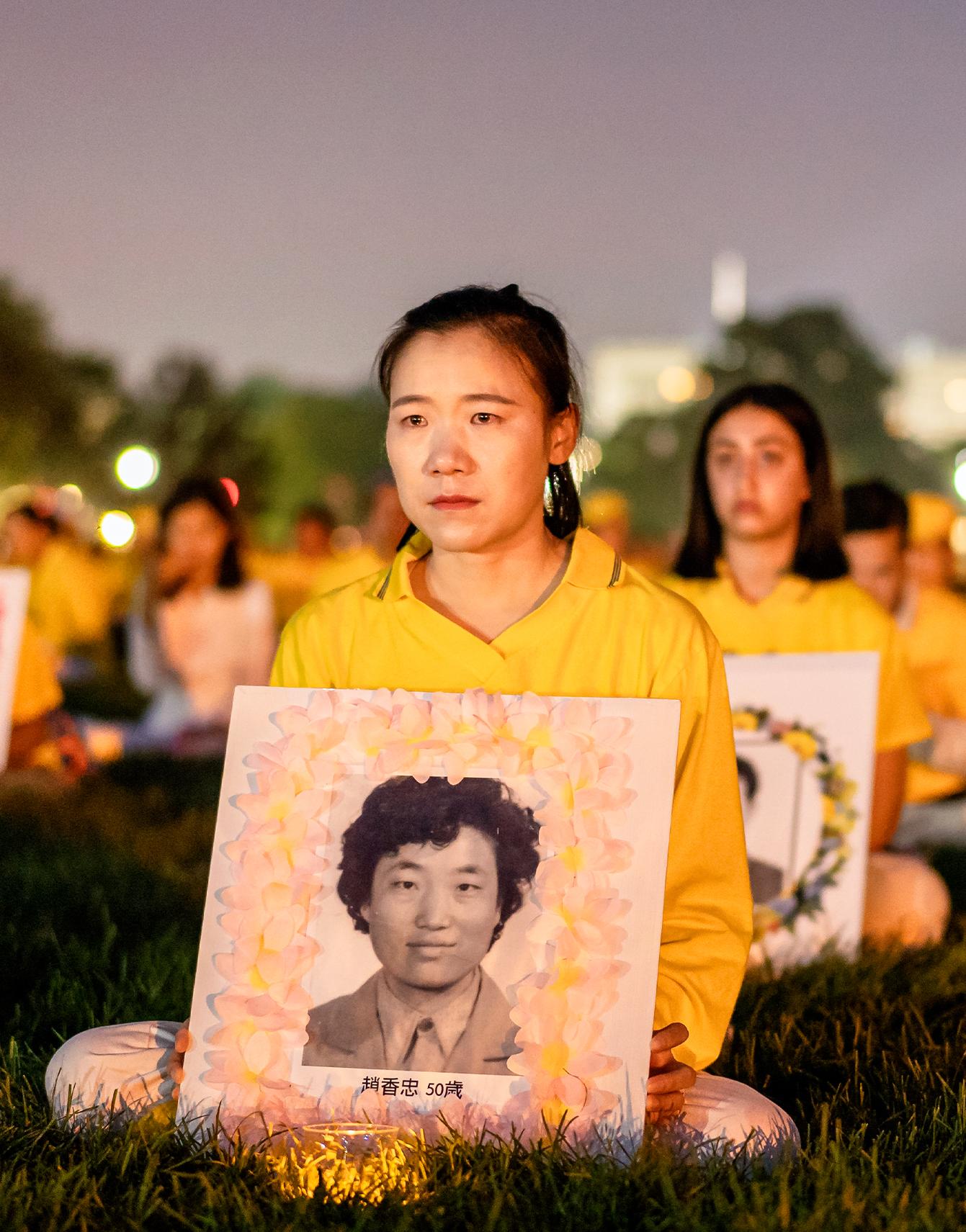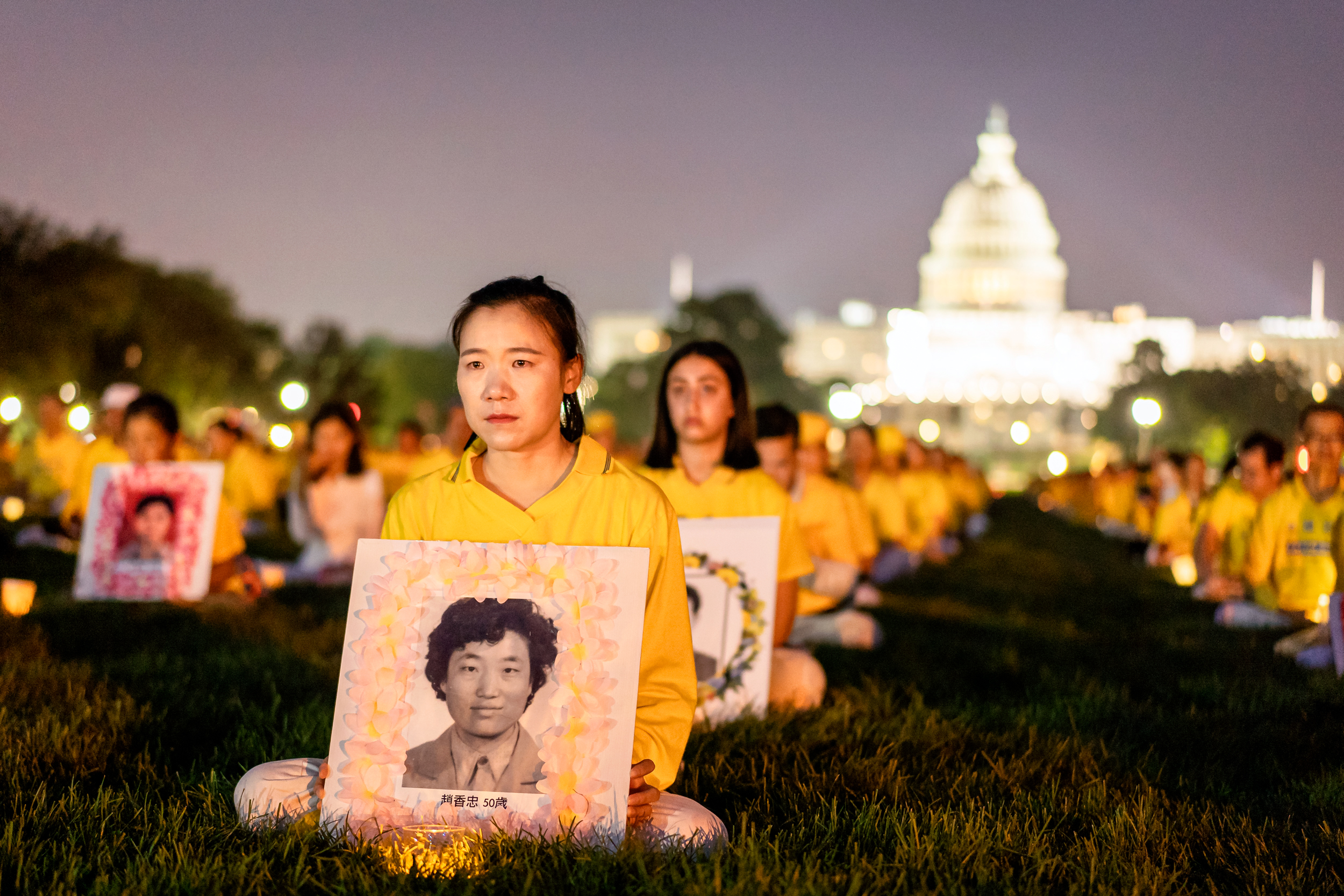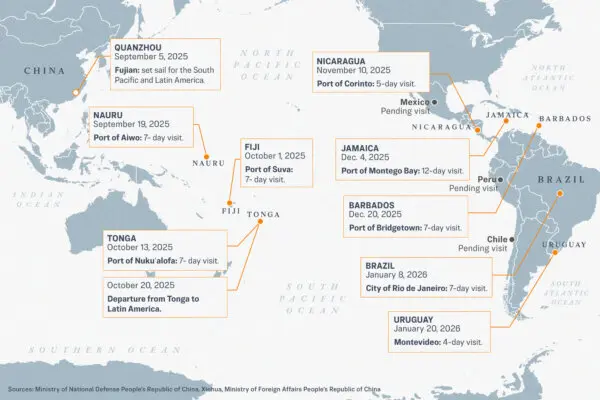

Attacks on Falun Gong Reveal CCP Influence in America
Chinese leader Xi Jinping launched a new strategy to target the spiritual group in the United States.
Falun Gong practitioners take part in a candlelight vigil in memory of those who died due to the Chinese Communist Party’s persecution, at the National Mall in Washington on July 20, 2023. Samira Bouaou/The Epoch Times
Attacks on Falun Gong Reveal CCP Influence in America
Chinese leader Xi Jinping launched a new strategy to target the spiritual group in the United States.
Save
More Premium Reports
see more








